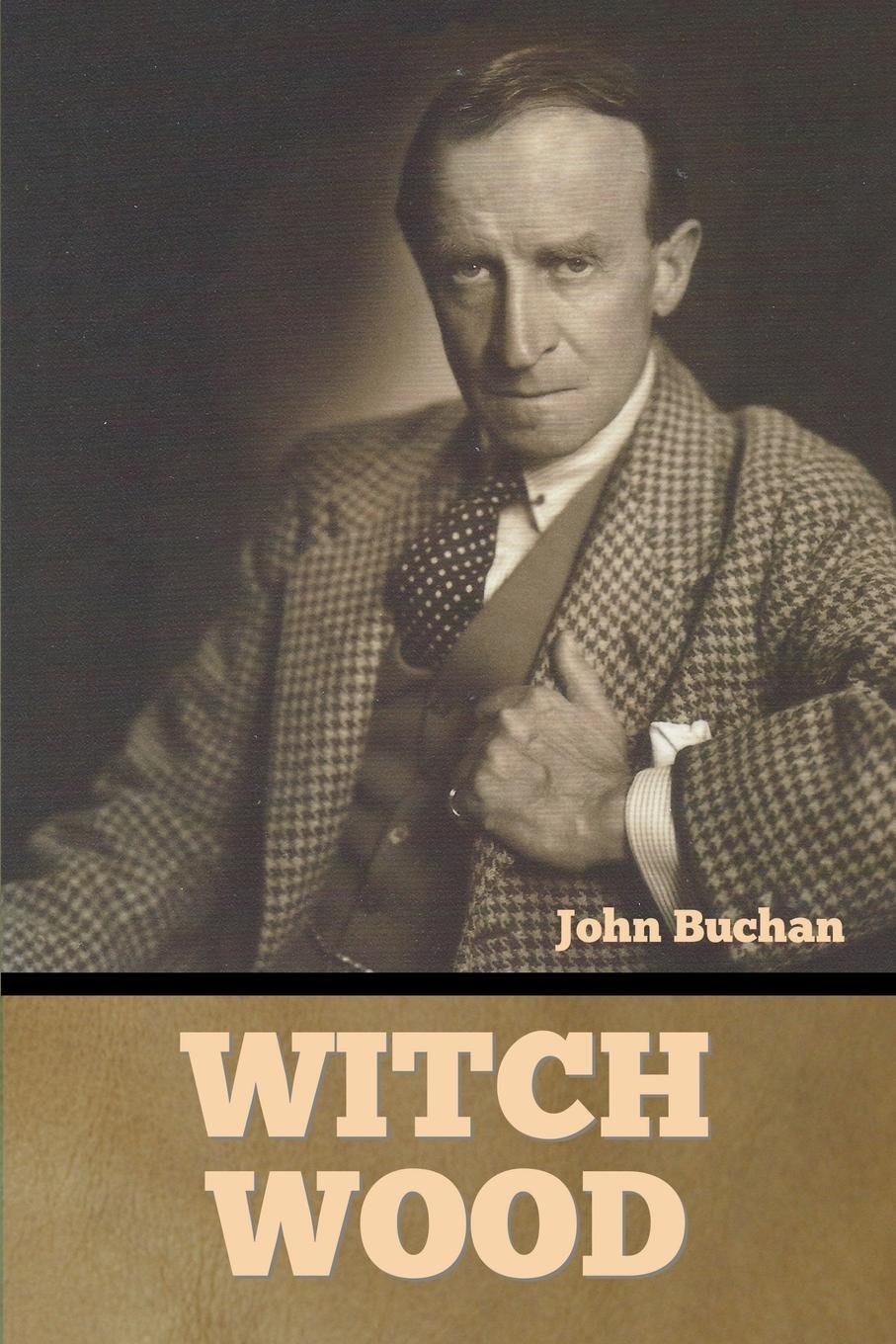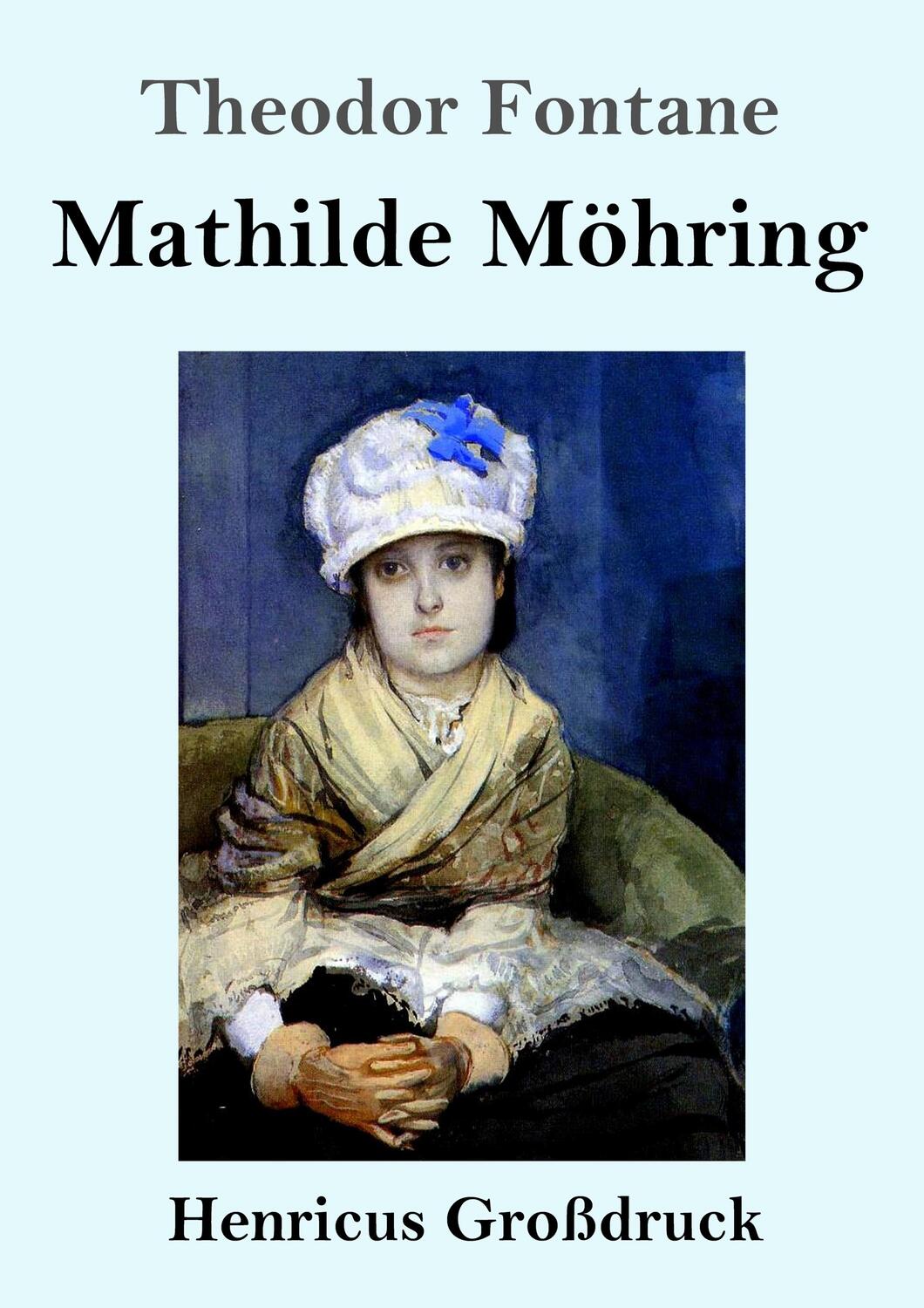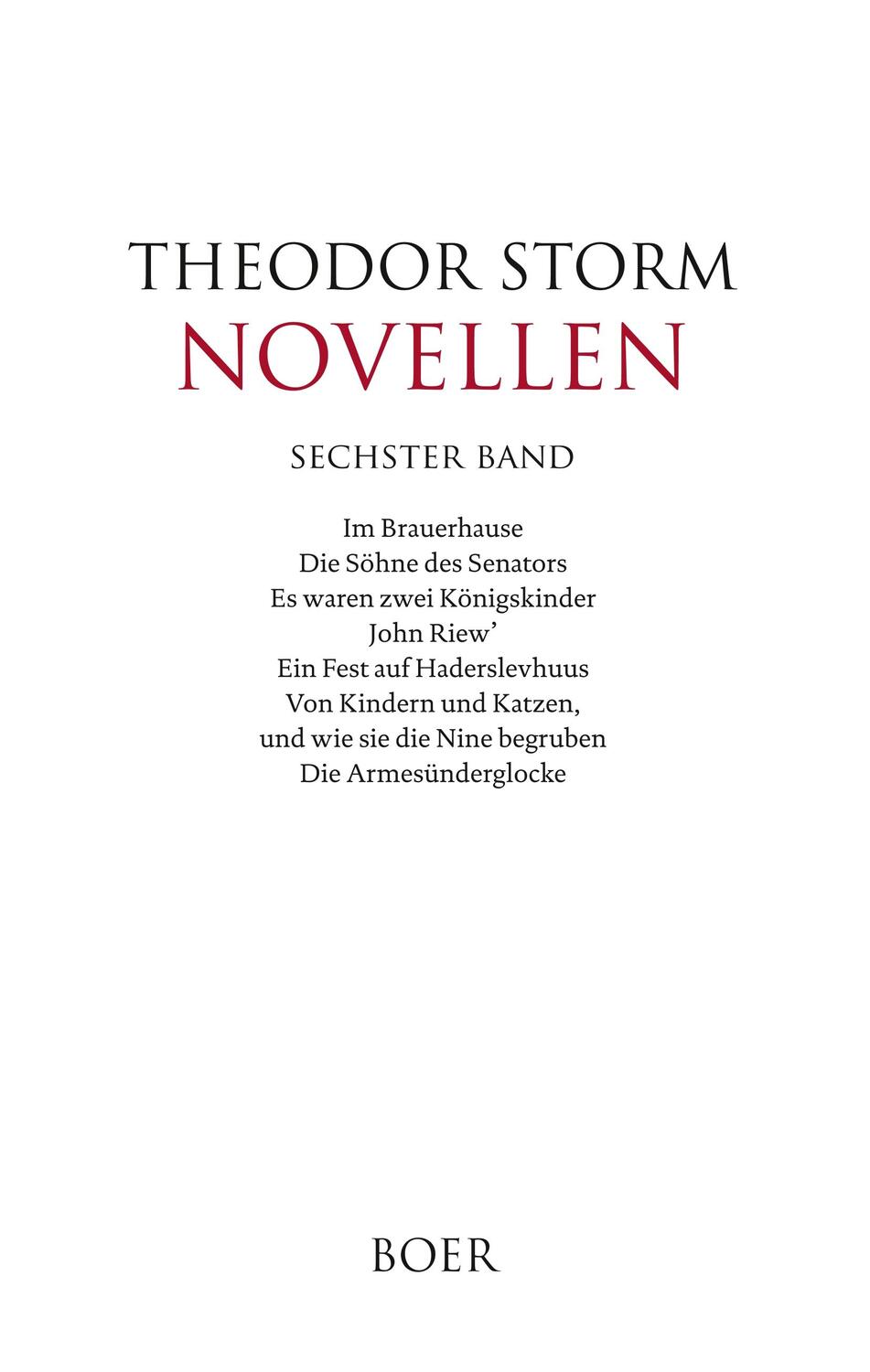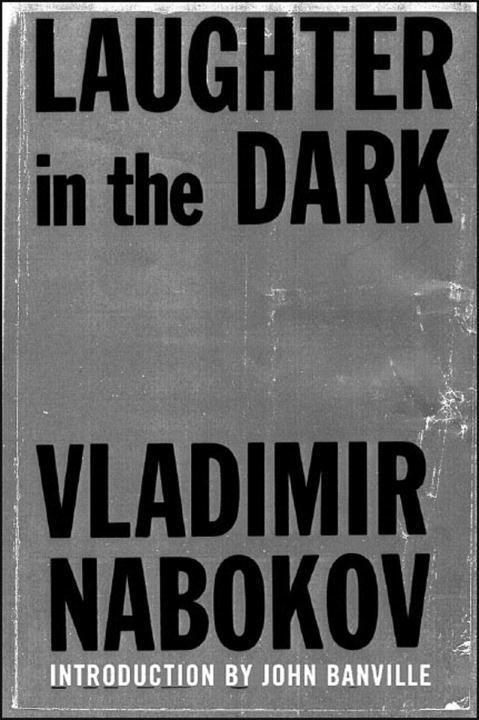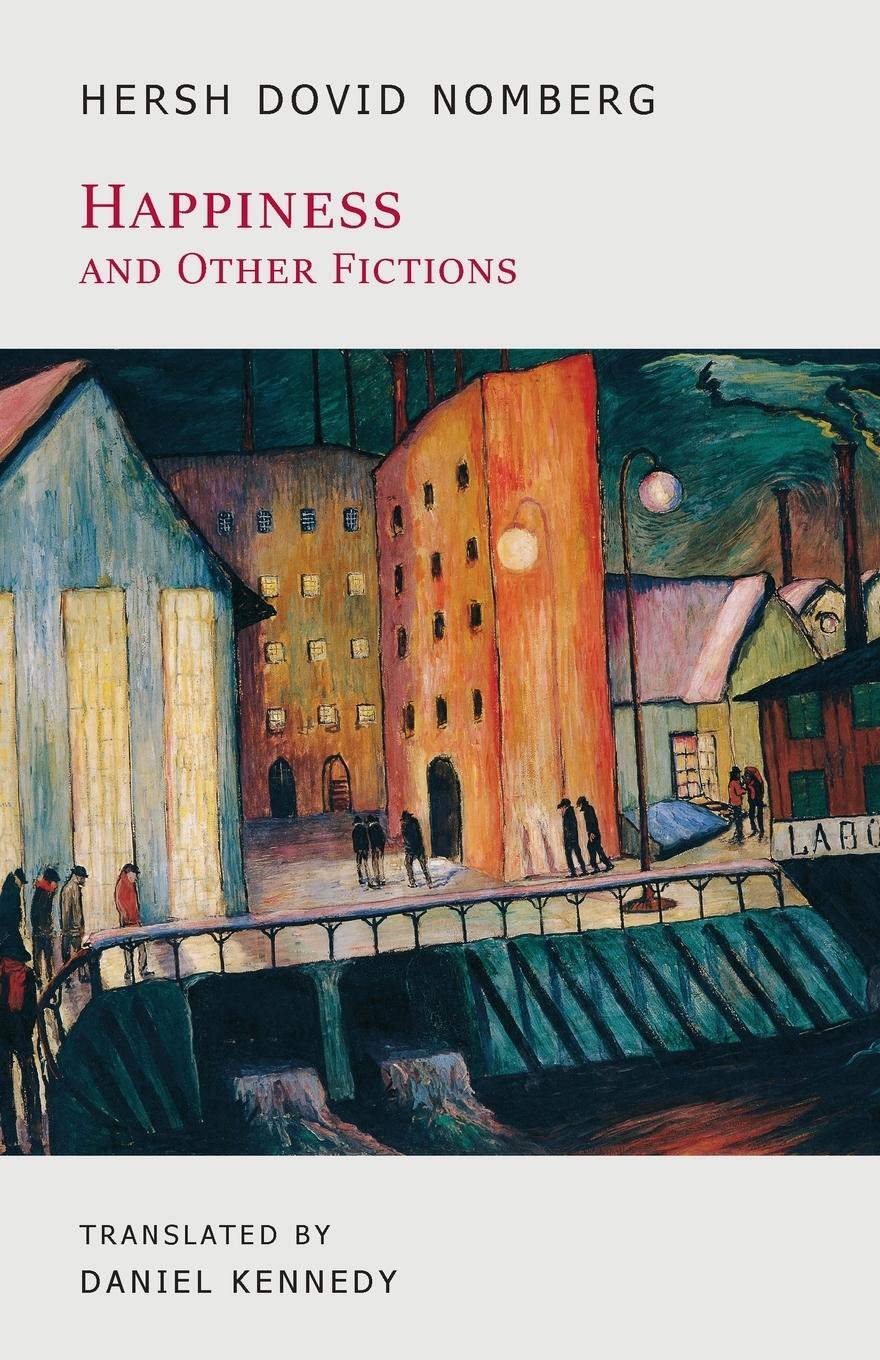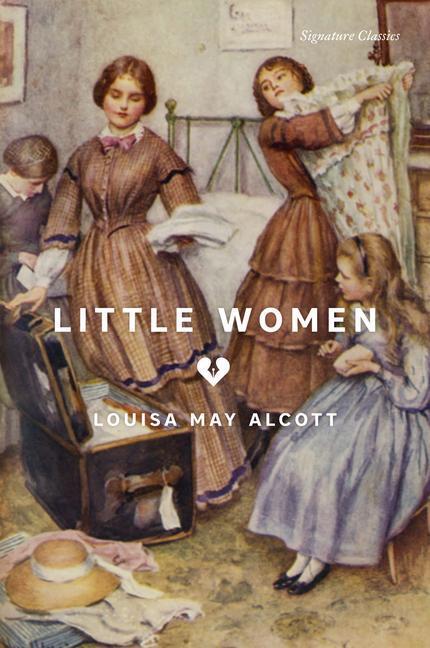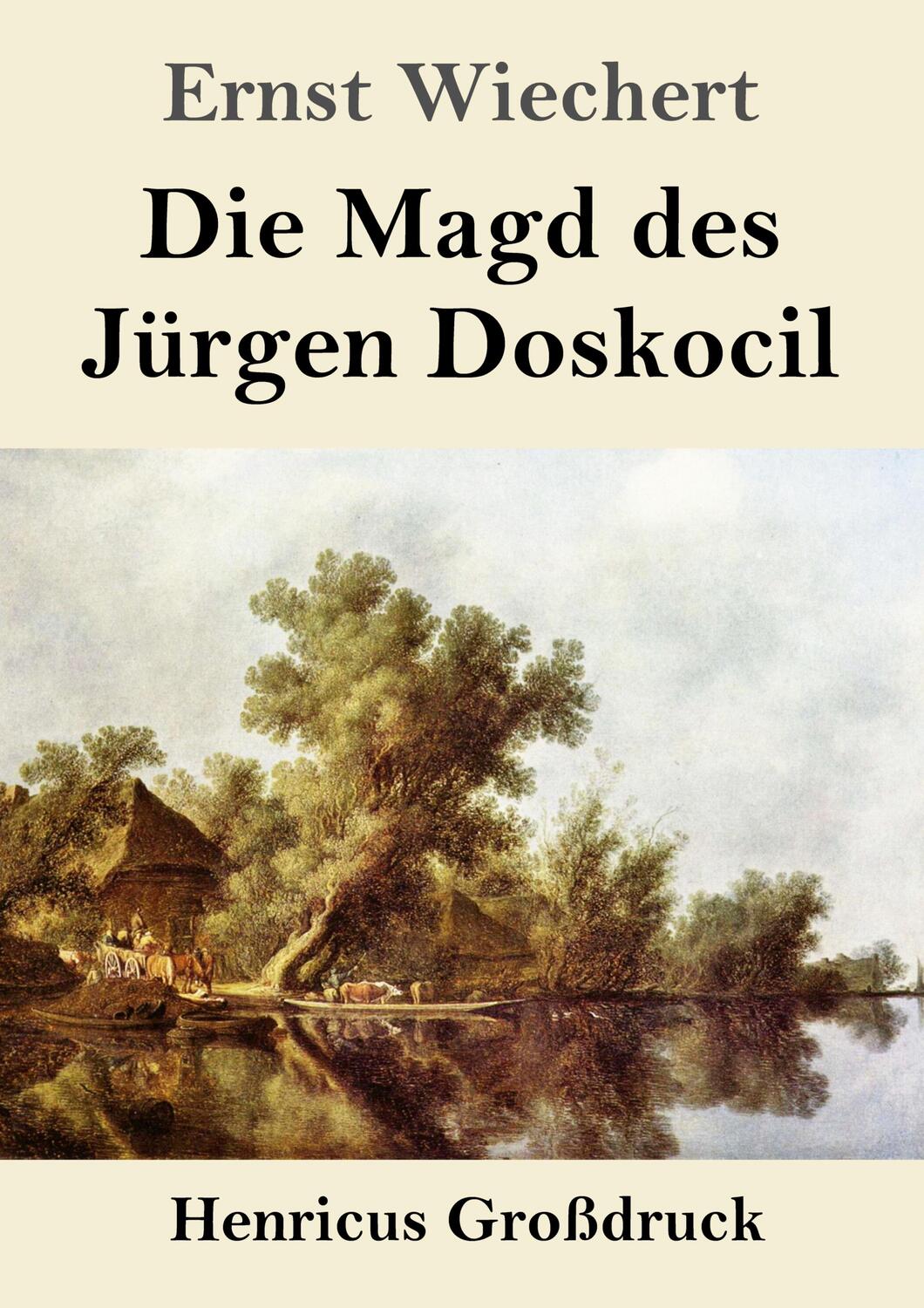Dekorationsartikel gehören nicht zum Leistungsumfang.
Sprache:
Englisch
22,60 €*
Versandkostenfrei per Post / DHL
Aktuell nicht verfügbar
Kategorien:
Beschreibung
Witch Wood is a 1927 novel by the Scottish author John Buchan that critics have called his masterpiece. The book is set in the Scottish Borders during the Wars of the Three Kingdoms, and combines the author's interests in landscape, 17th century Calvinism, and the fate of Scotland. A significant portion of the dialogue is in Scots.
Witch Wood was written while Buchan was researching Montrose, the revised version of his biography of James Graham, 1st Marquess of Montrose, who appears as a minor character in the novel. His research had raised questions of religious tolerance which he wanted to explore. The story was originally known as The Minister of Woodilee and was first serialised in British Weekly under the title The High Places. According to the historian Ronald Hutton, it was based upon the Witch-cult hypothesis of the anthropologist Margaret Murray.
Early critics were quick to recognise the significance of the novel, which has since come to be regarded as Buchan's masterpiece. The Spectator called it "this powerful, charming and spiritually earnest novel which almost enables Mr Buchan to be called a modern and terse Walter Scott", and the Glasgow Herald thought that it "must be adjudged the greatest of Mr Buchan's published works. That it concerns the land and history of Scotland, that it makes brilliant use of braid Scots dialect and that it enshrines many aspects, both admirable and contemptible, of the Scottish character are features that must give satisfaction to Mr Buchan's countrymen".
Of the Buchan novels, Witch Wood was the author's own favourite and has been described as "a masterful tale of godliness in conflict with wickedness." C. S. Lewis wrote, "for Witch Wood specially I am always grateful; all that devilment sprouting up out of a beginning like Galt's Annals of the Parish. That's the way to do it".
In The Interpreter's House (1975), David Daniell noted that Witch Wood is tightly enclosed, with everything taking place under a heavy, black, suffocating pall of evil. Buchan's writing, Daniell said, "catches the obscene out of the tail of the eye, where it is most effective"; "Projecting his own favourite Scottish place, Broughton, back three centuries when the whole area was under forest, and doing it so convincingly, is a considerable feat. Doing it with such economic realism and keeping up a multiple pressure of plot makes it extraordinary". But Daniell's highest praise was reserved for the way Buchan presents "the ordinary people of the parish, the farmers who so represent the land that they are known by the names of their farms, the few cottagers, the herds and the elders and the children." (wikipedia.org)
Witch Wood was written while Buchan was researching Montrose, the revised version of his biography of James Graham, 1st Marquess of Montrose, who appears as a minor character in the novel. His research had raised questions of religious tolerance which he wanted to explore. The story was originally known as The Minister of Woodilee and was first serialised in British Weekly under the title The High Places. According to the historian Ronald Hutton, it was based upon the Witch-cult hypothesis of the anthropologist Margaret Murray.
Early critics were quick to recognise the significance of the novel, which has since come to be regarded as Buchan's masterpiece. The Spectator called it "this powerful, charming and spiritually earnest novel which almost enables Mr Buchan to be called a modern and terse Walter Scott", and the Glasgow Herald thought that it "must be adjudged the greatest of Mr Buchan's published works. That it concerns the land and history of Scotland, that it makes brilliant use of braid Scots dialect and that it enshrines many aspects, both admirable and contemptible, of the Scottish character are features that must give satisfaction to Mr Buchan's countrymen".
Of the Buchan novels, Witch Wood was the author's own favourite and has been described as "a masterful tale of godliness in conflict with wickedness." C. S. Lewis wrote, "for Witch Wood specially I am always grateful; all that devilment sprouting up out of a beginning like Galt's Annals of the Parish. That's the way to do it".
In The Interpreter's House (1975), David Daniell noted that Witch Wood is tightly enclosed, with everything taking place under a heavy, black, suffocating pall of evil. Buchan's writing, Daniell said, "catches the obscene out of the tail of the eye, where it is most effective"; "Projecting his own favourite Scottish place, Broughton, back three centuries when the whole area was under forest, and doing it so convincingly, is a considerable feat. Doing it with such economic realism and keeping up a multiple pressure of plot makes it extraordinary". But Daniell's highest praise was reserved for the way Buchan presents "the ordinary people of the parish, the farmers who so represent the land that they are known by the names of their farms, the few cottagers, the herds and the elders and the children." (wikipedia.org)
Witch Wood is a 1927 novel by the Scottish author John Buchan that critics have called his masterpiece. The book is set in the Scottish Borders during the Wars of the Three Kingdoms, and combines the author's interests in landscape, 17th century Calvinism, and the fate of Scotland. A significant portion of the dialogue is in Scots.
Witch Wood was written while Buchan was researching Montrose, the revised version of his biography of James Graham, 1st Marquess of Montrose, who appears as a minor character in the novel. His research had raised questions of religious tolerance which he wanted to explore. The story was originally known as The Minister of Woodilee and was first serialised in British Weekly under the title The High Places. According to the historian Ronald Hutton, it was based upon the Witch-cult hypothesis of the anthropologist Margaret Murray.
Early critics were quick to recognise the significance of the novel, which has since come to be regarded as Buchan's masterpiece. The Spectator called it "this powerful, charming and spiritually earnest novel which almost enables Mr Buchan to be called a modern and terse Walter Scott", and the Glasgow Herald thought that it "must be adjudged the greatest of Mr Buchan's published works. That it concerns the land and history of Scotland, that it makes brilliant use of braid Scots dialect and that it enshrines many aspects, both admirable and contemptible, of the Scottish character are features that must give satisfaction to Mr Buchan's countrymen".
Of the Buchan novels, Witch Wood was the author's own favourite and has been described as "a masterful tale of godliness in conflict with wickedness." C. S. Lewis wrote, "for Witch Wood specially I am always grateful; all that devilment sprouting up out of a beginning like Galt's Annals of the Parish. That's the way to do it".
In The Interpreter's House (1975), David Daniell noted that Witch Wood is tightly enclosed, with everything taking place under a heavy, black, suffocating pall of evil. Buchan's writing, Daniell said, "catches the obscene out of the tail of the eye, where it is most effective"; "Projecting his own favourite Scottish place, Broughton, back three centuries when the whole area was under forest, and doing it so convincingly, is a considerable feat. Doing it with such economic realism and keeping up a multiple pressure of plot makes it extraordinary". But Daniell's highest praise was reserved for the way Buchan presents "the ordinary people of the parish, the farmers who so represent the land that they are known by the names of their farms, the few cottagers, the herds and the elders and the children." (wikipedia.org)
Witch Wood was written while Buchan was researching Montrose, the revised version of his biography of James Graham, 1st Marquess of Montrose, who appears as a minor character in the novel. His research had raised questions of religious tolerance which he wanted to explore. The story was originally known as The Minister of Woodilee and was first serialised in British Weekly under the title The High Places. According to the historian Ronald Hutton, it was based upon the Witch-cult hypothesis of the anthropologist Margaret Murray.
Early critics were quick to recognise the significance of the novel, which has since come to be regarded as Buchan's masterpiece. The Spectator called it "this powerful, charming and spiritually earnest novel which almost enables Mr Buchan to be called a modern and terse Walter Scott", and the Glasgow Herald thought that it "must be adjudged the greatest of Mr Buchan's published works. That it concerns the land and history of Scotland, that it makes brilliant use of braid Scots dialect and that it enshrines many aspects, both admirable and contemptible, of the Scottish character are features that must give satisfaction to Mr Buchan's countrymen".
Of the Buchan novels, Witch Wood was the author's own favourite and has been described as "a masterful tale of godliness in conflict with wickedness." C. S. Lewis wrote, "for Witch Wood specially I am always grateful; all that devilment sprouting up out of a beginning like Galt's Annals of the Parish. That's the way to do it".
In The Interpreter's House (1975), David Daniell noted that Witch Wood is tightly enclosed, with everything taking place under a heavy, black, suffocating pall of evil. Buchan's writing, Daniell said, "catches the obscene out of the tail of the eye, where it is most effective"; "Projecting his own favourite Scottish place, Broughton, back three centuries when the whole area was under forest, and doing it so convincingly, is a considerable feat. Doing it with such economic realism and keeping up a multiple pressure of plot makes it extraordinary". But Daniell's highest praise was reserved for the way Buchan presents "the ordinary people of the parish, the farmers who so represent the land that they are known by the names of their farms, the few cottagers, the herds and the elders and the children." (wikipedia.org)
Über den Autor
John Buchan (1875 - 1940) was a Scottish novelist, historian and Unionist politician who served as Governor General of Canada, the 15th since Canadian Confederation. After a brief legal career, Buchan simultaneously began his writing career and his political and diplomatic careers, serving as a private secretary to the colonial administrator of various colonies in southern Africa. He eventually wrote propaganda for the British war effort in the First World War. Buchan was in 1927 elected Member of Parliament for the Combined Scottish Universities, but he spent most of his time on his writing career, notably writing The Thirty-Nine Steps and other adventure fiction.
Details
| Erscheinungsjahr: | 2023 |
|---|---|
| Genre: | Romane & Erzählungen |
| Rubrik: | Belletristik |
| Medium: | Taschenbuch |
| Seiten: | 268 |
| ISBN-13: | 9798888302149 |
| Sprache: | Englisch |
| Ausstattung / Beilage: | Paperback |
| Einband: | Kartoniert / Broschiert |
| Autor: | Buchan, John |
| Hersteller: | Bibliotech Press |
| Maße: | 229 x 152 x 16 mm |
| Von/Mit: | John Buchan |
| Erscheinungsdatum: | 09.01.2023 |
| Gewicht: | 0,44 kg |
Über den Autor
John Buchan (1875 - 1940) was a Scottish novelist, historian and Unionist politician who served as Governor General of Canada, the 15th since Canadian Confederation. After a brief legal career, Buchan simultaneously began his writing career and his political and diplomatic careers, serving as a private secretary to the colonial administrator of various colonies in southern Africa. He eventually wrote propaganda for the British war effort in the First World War. Buchan was in 1927 elected Member of Parliament for the Combined Scottish Universities, but he spent most of his time on his writing career, notably writing The Thirty-Nine Steps and other adventure fiction.
Details
| Erscheinungsjahr: | 2023 |
|---|---|
| Genre: | Romane & Erzählungen |
| Rubrik: | Belletristik |
| Medium: | Taschenbuch |
| Seiten: | 268 |
| ISBN-13: | 9798888302149 |
| Sprache: | Englisch |
| Ausstattung / Beilage: | Paperback |
| Einband: | Kartoniert / Broschiert |
| Autor: | Buchan, John |
| Hersteller: | Bibliotech Press |
| Maße: | 229 x 152 x 16 mm |
| Von/Mit: | John Buchan |
| Erscheinungsdatum: | 09.01.2023 |
| Gewicht: | 0,44 kg |
Warnhinweis

